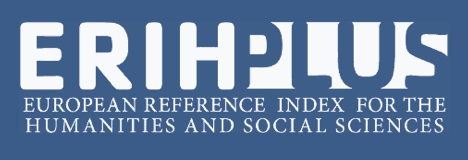Impact of Corporate Social Responsibility on Financial Performance; Evidence from Banking Sector of Pakistan
Abstract
The financial sector has grown significantly Corporate Social Responsibility (CSR) is becoming a priority in today’s competitive climate major concern in addition to improving profitability. Companies are regarded as social units that must serve their stakeholders and generally carry out CSR with a priority on future disclosure. The main objective of this study is to investigate how stakeholders and agency theory influence how CSR affects the Financial Performance (FP) of Pakistan’s banking sector from 2008 to 2020, a 13-year period, 32 banks that were listed on the Pakistan Stock Exchange (PSX), comprised our sample. As proxies for financial performance we employed accounting-based and market-based measures in our analysis. The Panel Least Square (PLS) model was used by the researcher to examine how CSR affects FP. Evidence supports the validity of the least squares model, which showed that CSR has a positive and substantial impact on Earnings Per Share (EPS) and Market Value Per Share (MVPS), but a negative and significant impact on Return on Equity (ROE), Return on Asset (ROA) and TOBIN’s Q. The findings show that adequate CSR policy execution and disclosure the improvement of Pakistan’s listed banks’ financial performance and the reduction of resource wastage from CSR investment activities. The research’s findings help investors and other shareholders to have peace of mind by providing a solid, practical, and dependable impact of CSR on the financial sector of developing nations. This leads in a better knowledge of CSR practices in the financial sector of an emerging country.

This work is licensed under a Creative Commons Attribution-NonCommercial 4.0 International License.













.jpg)








